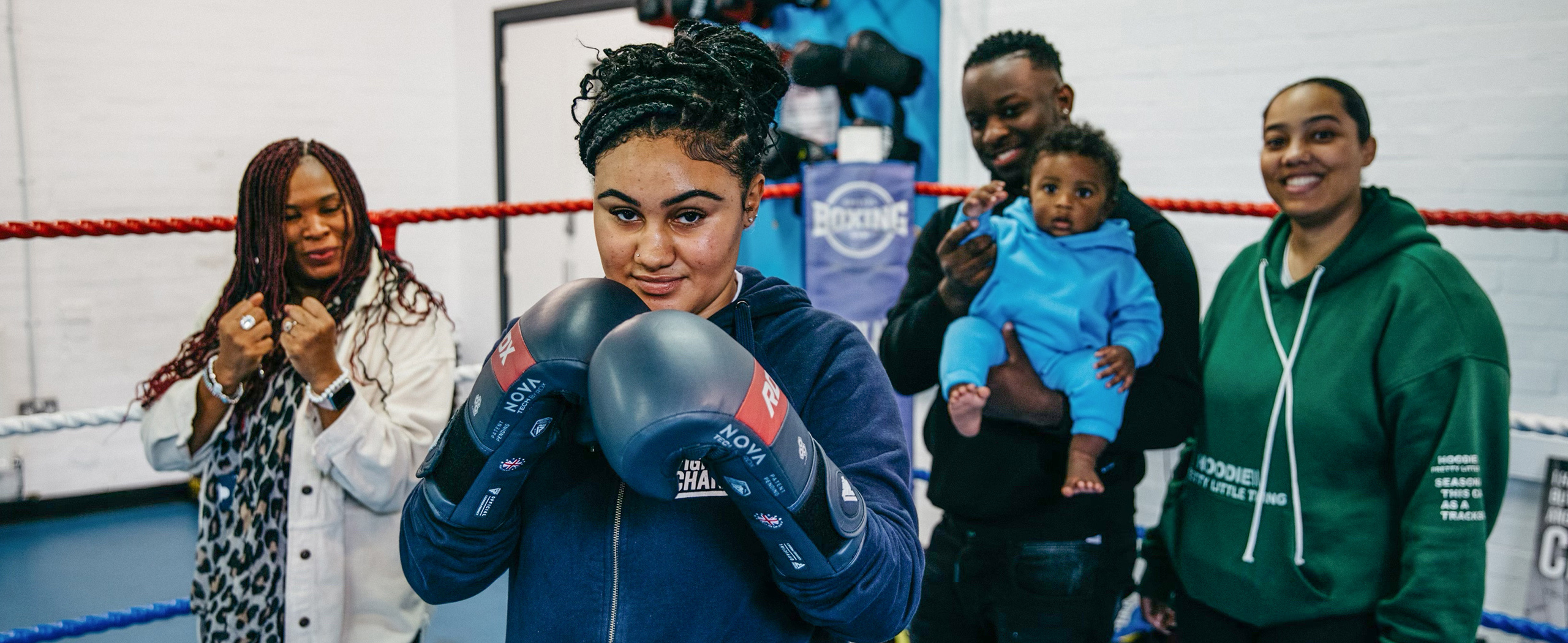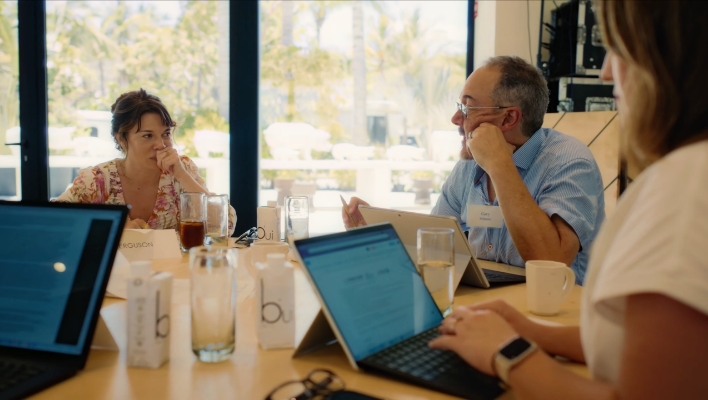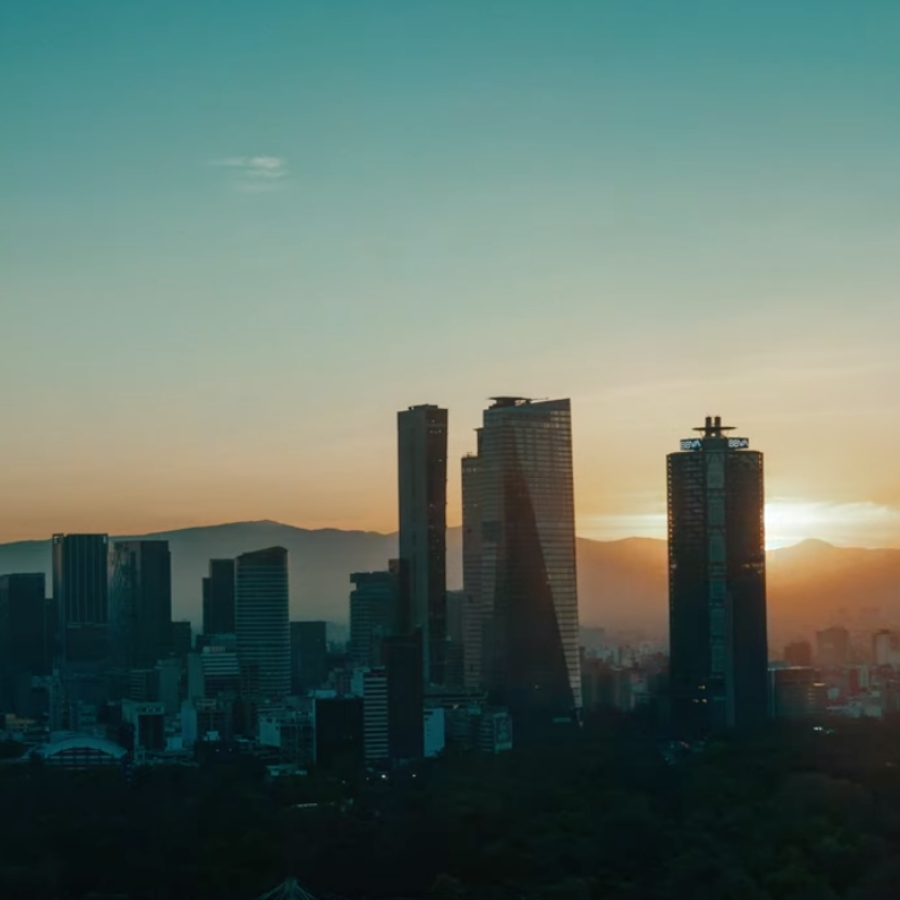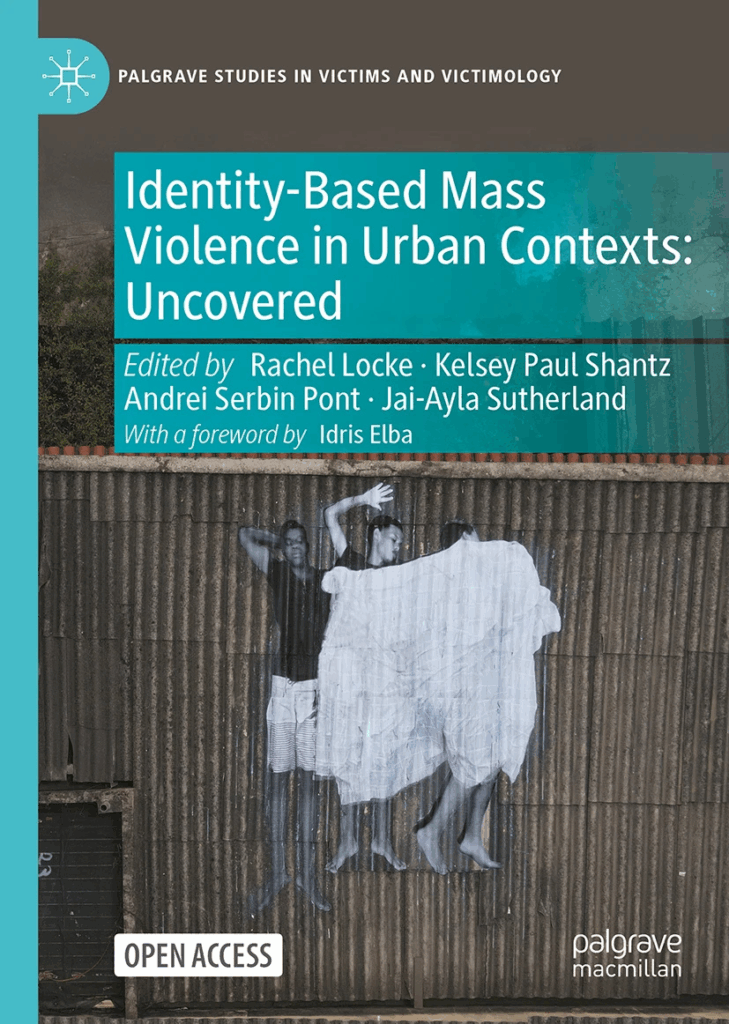
Transformations
Stories of practitioners working to reduce violence in communities
This volume emphatically reminds us that violence exerted repeatedly and at scale requires a combination of intentional disempowerment, dehumanization, brutalization, exploitation, and isolation. The collective contributions in the edited volume expose these forms of marginalization and othering. Their works put forward a call to action: to continue advocating for the kind of transformative change that our contributors and those on the losing side of IBMV demand and deserve.
The concrete policy recommendations outlined in the volume seek to direct a much greater balance of resources toward the transformation of the structures, institutions, and systems that enable violence. This commitment to address the structural conditions forces new thinking and requires operating in new, specific, targeted, and sometimes imaginative ways.
The good news is that communities are, in many ways, already doing this innovative work. It is time for us to listen more intently and more often. Learn about some of these transformational stories in the videos below.
Mend This Fabric
Founder of the community-based organization The Legend Kenya, Rose Mbone shares how women have led the transformation of community and individual healing in the midst of collective trauma through their shared leadership and courage.
We Want to Learn
Barbara “Bobbi” Sherrod’s story about restorative practices to make schools more fair and just highlights the structural violence, especially against Black girls, that has been codified and maintained through school policies and practice.
The Power of the Collective
Safecity is a platform that empowers girls and young women to understand and address gender-based violence. ElsaMarie D’Silva tells the story of how Safecity was founded in India and has educated and trained young women and young men on how sexual violence affects them.
Revenge
In Plateros, a neighborhood in Mexico City deeply affected by violence, the Ceasefire program or Alto el Fuego has helped reduce homicides by promoting a more humane and empathetic approach by law enforcement. This story explores the difficult choices between revenge and forgiveness.

Collaborators
& Contributors
Collaborators
& Contributors
Learn about the contributors and interdisciplinary collaborations
Learn More
Conversations
Conversations
Explore events and media about identity-based mass violence.
Learn More

Identity-Based Mass Violence in Urban Contexts: Uncovered
The edited volume’s commitment to an expansive, inclusive approach to understanding and addressing identity-based mass violence (IBMV) makes it a significant contribution that spans multiple disciplines and aspires to reduce violence and promote peace in urban settings worldwide.

